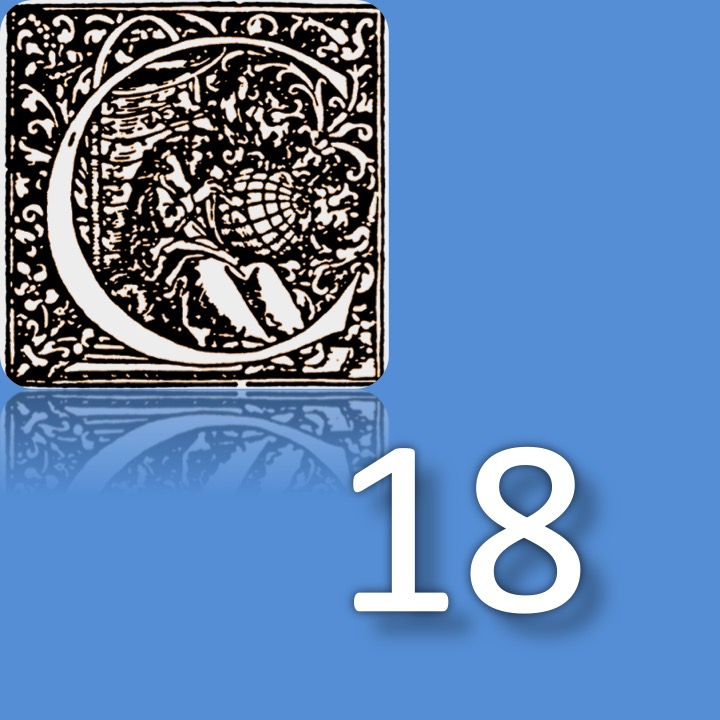Music and mathematics: a case study in the history of science
Abstract
The Italian musical theorist and lutenist Vincenzo Galilei (1522?-1591), father of Galileo Galilei, held a life-long dispute with Gioseffo Zarlino (1517-1590), the famous theorist and capellmeister of San Marcos, in Venice. Daniel. P Walker and Claude V. Palisca - historians of science and music, respectively - thoroughly analyzed this dispute calling the attention to some quantitative aspects of music theory found in Galilei’s work. These scholars understood the dispute as mainly opposing experimentalism (Galilei) to speculative mathematical reasoning (Zarlino). In the present article we suggest an alternative interpretation for this dispute based on newly found manuscripts by Galilei, according to which the dispute had more to do with the ideas Galilei had of science in general and the role played by arithmetic, geometry and sound in music.


.png)
